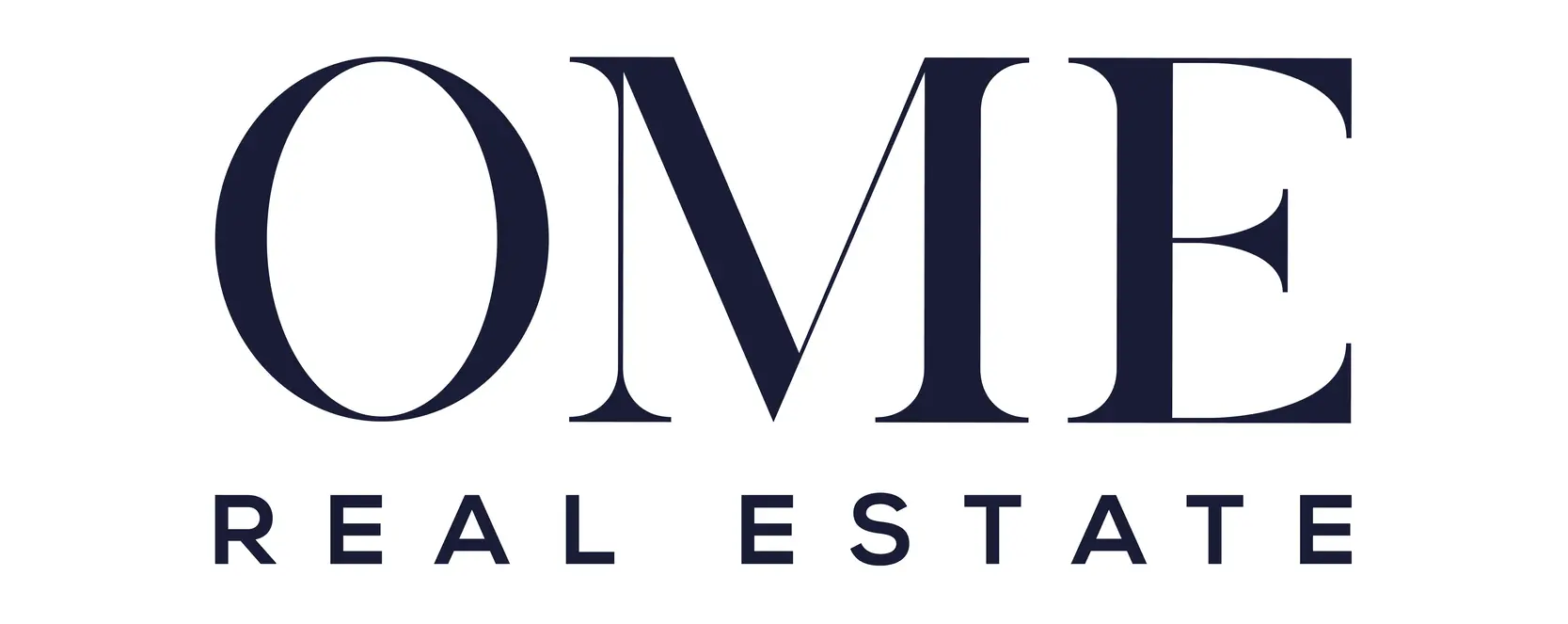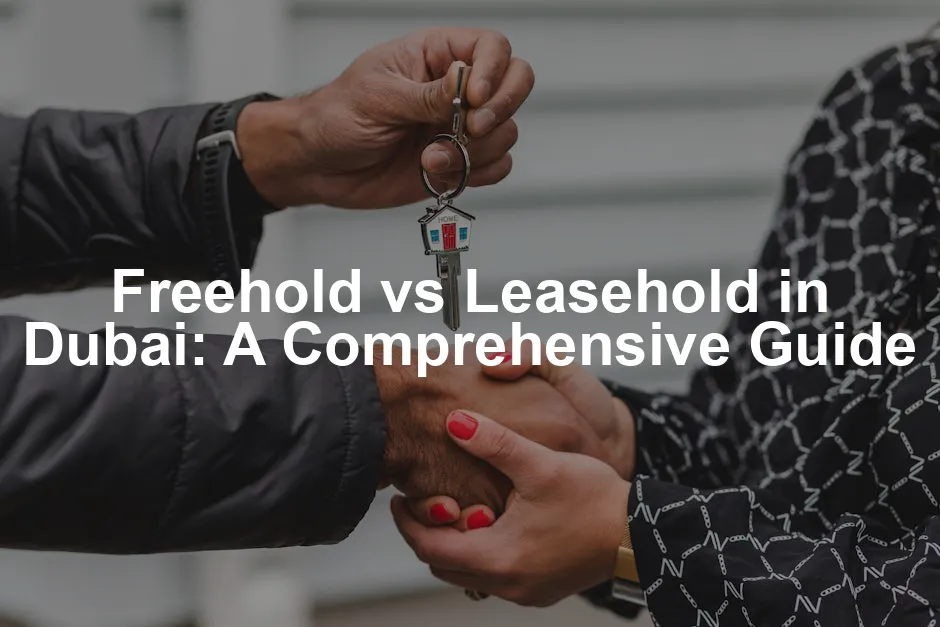Introduction
Understanding property ownership types in Dubai is essential. It helps you navigate the vibrant real estate market. Dubai’s appeal as a global investment destination is growing rapidly. The two main ownership types are freehold and leasehold.
Summary and Overview
Freehold properties grant complete ownership of both the property and the land. Leasehold properties provide rights for a fixed term, usually up to 99 years. In Dubai, legal frameworks govern these ownership types. The 2001 and 2002 regulations allowed foreigners to invest in designated areas. This has significantly shaped the real estate landscape. Freehold ownership offers more control and permanence, while leasehold ownership has specific limitations. Understanding both types is crucial for informed investment decisions.

Understanding Freehold and Leasehold Ownership
What is Freehold Property?
Freehold ownership means you possess both the property and the land. This grants you complete control and rights over the property. You can renovate, lease, or sell it without needing permission from others. The introduction of freehold property in Dubai occurred in 2002. This opened the market to foreign investors, greatly enhancing property ownership options. According to the Dubai Land Department, approximately 60% of properties in Dubai are freehold, making it a popular choice among buyers. With a title deed, you have proof of ownership and legal rights. Explore popular freehold areas in Dubai.
What is Leasehold Property?
Leasehold ownership allows you to use a property for a specified duration, typically up to 99 years. However, you do not own the land itself. The freeholder retains ownership of the land. During the lease term, you can rent or sell the property, but significant changes require approval. Leasehold agreements can be renewed, often for a fee, depending on the terms. Currently, leasehold properties make up around 30% of the market in Dubai. This option is usually more affordable than freehold properties, appealing to budget-conscious buyers. Find out more about leasehold areas in Dubai.
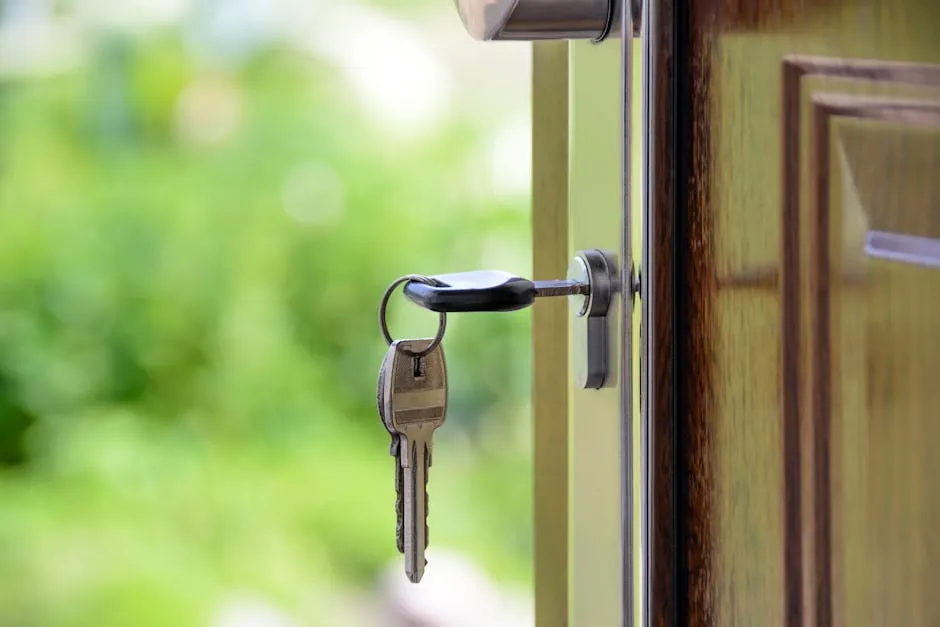
Pros and Cons of Freehold Properties
Advantages of Freehold Ownership
Owning freehold property in Dubai comes with distinct perks. First, you gain complete control and ownership rights. This means you can sell, lease, or renovate your property as you wish. Isn’t that appealing?
Moreover, freehold properties often appreciate over time. This potential for capital appreciation makes them attractive for property investment. With Dubai’s booming economy, rental income is also promising. Many investors enjoy steady cash flow from tenants.
Another significant advantage is inheritance. Freehold properties can be passed down to heirs, ensuring your family retains the asset. Additionally, owning a freehold property can make you eligible for a residency visa. This is a huge bonus for expatriates looking to settle in Dubai. Ready to find the best freehold properties available?
Disadvantages of Freehold Ownership
While freehold ownership offers many benefits, it also has drawbacks. The most notable issue is the higher initial costs. Buyers often face steep prices when purchasing freehold properties. This can be a barrier for many potential investors.
Maintenance responsibilities also fall solely on the owner. You must budget for ongoing upkeep and repairs, which can add up quickly. Market risks are another factor. Property values can fluctuate, impacting your investment’s worth.
Lastly, freehold properties may not always be readily available. Some prime locations have limited options, making the search more challenging. Want to learn about strategies to mitigate investment risks?

Pros and Cons of Leasehold Properties
Advantages of Leasehold Ownership
Leasehold properties provide a more affordable entry point into Dubai’s real estate market. Typically, the upfront costs are lower than freehold properties. This makes leasehold options appealing for budget-conscious buyers.
Another advantage is shared maintenance responsibilities. Leaseholders often have less hassle, as the landlord usually handles major repairs. This can save time and money.
Flexibility is key for many leaseholders. Whether you want short-term living or investment opportunities, leasehold properties allow for adaptable options. This can help you align your housing needs with your financial goals. Interested in exploring leasehold options that fit your budget?
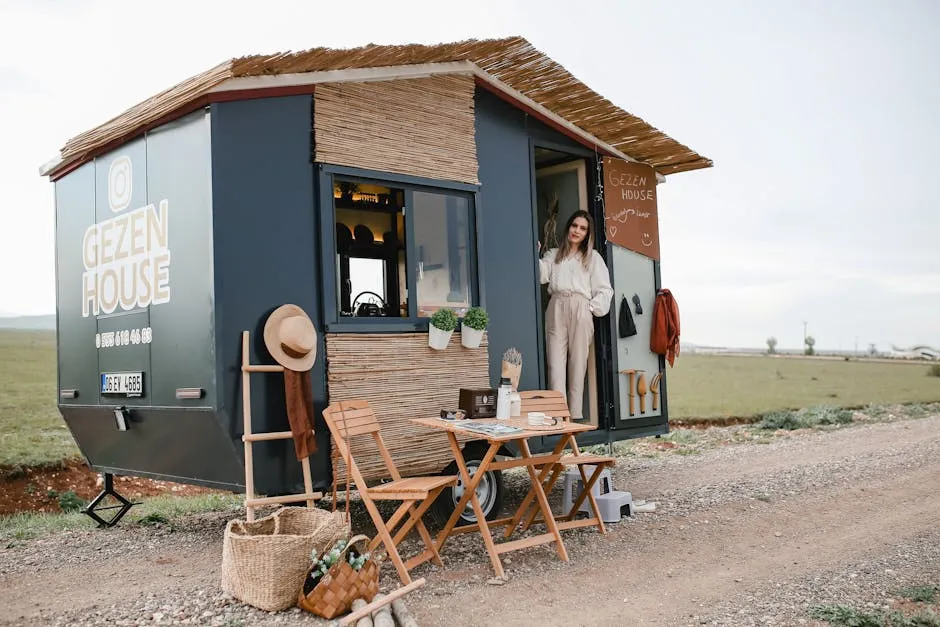
Disadvantages of Leasehold Ownership
Despite the benefits, leasehold ownership has significant limitations. One major downside is the lack of control over property modifications. Leaseholders typically require approval from the landowner for any major changes.
Additionally, leasehold properties revert to the freeholder after the lease expires. This creates uncertainty for investors. You may lose the property without a renewal agreement in place.
Finally, there might be restrictions on subletting or making alterations. These limitations can hinder your investment strategy. Understanding leasehold agreements before investing is crucial to avoid pitfalls.

Key Differences Between Freehold and Leasehold
When comparing freehold and leasehold properties, several key factors come into play. Ownership duration is the first major difference. Freehold properties grant you full ownership indefinitely, while leasehold properties typically offer rights for a limited period, usually up to 99 years.
Next, consider property rights. Freehold owners enjoy complete control over their property, allowing them to modify, lease, or sell without restrictions. In contrast, leaseholders often face limitations on modifications and require permission from the freeholder for significant changes.
Financial implications are also significant. Freehold properties often come with higher upfront costs, but they can appreciate in value over time. Leasehold properties, while initially more affordable, may require renewal fees and can lose value as the lease expiration date approaches.
Responsibilities differ as well. Freehold owners are responsible for all maintenance and repairs. Leaseholders, however, may share some maintenance responsibilities with the freeholder, easing their burden.
In summary, choosing between freehold and leasehold properties involves weighing ownership duration, rights, financial implications, and responsibilities. Each option has its merits, depending on your investment goals and personal circumstances. Make an informed choice for your next property investment.

Popular Areas for Freehold and Leasehold Properties
Best Freehold Areas in Dubai
When it comes to freehold properties, several areas stand out in Dubai. Dubai Marina is renowned for its stunning waterfront views and luxury apartments. Living here means enjoying an active lifestyle with countless dining and entertainment options nearby. Downtown Dubai is another prime location, featuring iconic landmarks like the Burj Khalifa and Dubai Mall. This area offers a mix of high-end apartments and vibrant urban living.
Jumeirah Beach Residence (JBR) provides beach access and a lively community atmosphere, perfect for families and young professionals alike. For those seeking spacious family homes, Arabian Ranches offers beautiful villas surrounded by lush greenery. Each of these areas boasts top-notch amenities, making them highly desirable for both homeowners and investors. View listings in these sought-after areas.
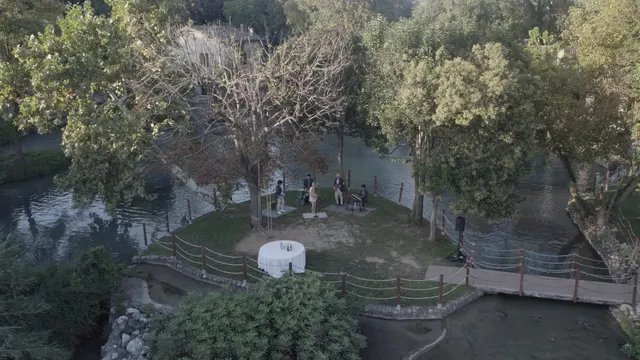
Best Leasehold Areas in Dubai
Leasehold properties in Dubai offer great options for budget-conscious buyers. Al Barsha is a popular neighborhood known for its affordable housing and proximity to major shopping centers. It’s perfect for families looking for spacious homes without breaking the bank. Mirdif is another key area, featuring villas in a community-oriented setting, ideal for families with children.
If you prefer a lively environment, Umm Suqeim offers a mix of residential and commercial spaces, along with beautiful parks and schools. Dubai Silicon Oasis is also noteworthy, providing affordable leasehold options with modern amenities, making it attractive for tech professionals. These communities are well-established and offer excellent investment potential. Explore available leasehold properties in these neighborhoods.
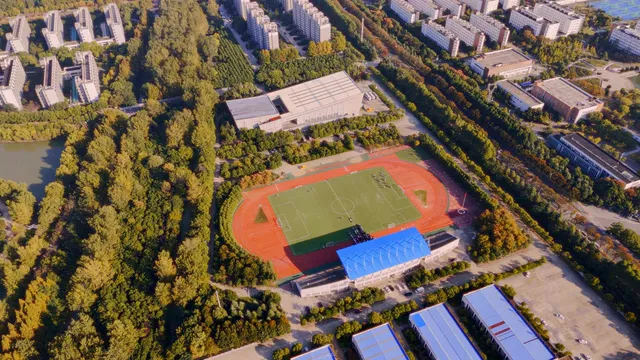
Conclusion
In summary, understanding the differences between freehold and leasehold properties in Dubai is vital for potential buyers. Freehold properties grant full ownership of both the property and the land, providing long-term investment advantages. In contrast, leasehold properties allow you to occupy a property for a limited time, typically up to 99 years, but without owning the land.
Before making a decision, consider your personal circumstances and investment goals. Each option has its benefits and challenges. Don’t hesitate to seek professional advice to navigate the complexities of real estate transactions in Dubai.

FAQs
What is the main difference between freehold and leasehold properties in Dubai?
The main difference lies in ownership types. Freehold properties grant complete ownership of both the property and land. Leasehold properties provide rights to occupy for a fixed term, typically up to 99 years, without owning the land.
Can foreigners buy freehold properties in Dubai?
Yes, foreign property buyers can purchase freehold properties in designated areas of Dubai. The regulations allow expatriates to invest, enhancing the real estate market.
What are the costs associated with buying leasehold properties?
Leasehold costs generally include lower upfront prices compared to freehold. However, buyers may incur additional fees for lease renewals and maintenance responsibilities.
Are there renewable options for leasehold properties?
Yes, leasehold agreements often include options for renewal. However, the terms and potential fees should be discussed before the lease period ends.
Which areas in Dubai are known for freehold properties?
Popular freehold areas include Dubai Marina, Downtown Dubai, and Arabian Ranches. These locations offer a range of options for buyers.
Is it better to invest in freehold or leasehold properties?
This depends on your investment strategy. Freehold properties offer long-term stability and appreciation potential, while leasehold properties present lower initial costs and flexibility for short-term investors.
What legal considerations should I be aware of when buying property in Dubai?
It’s essential to understand local property laws, registration processes, and your rights as a buyer. Consulting a legal expert can help clarify these important aspects.
Please let us know what you think about our content by leaving a comment down below!
Thank you for reading till here 🙂
All images from Pexels
